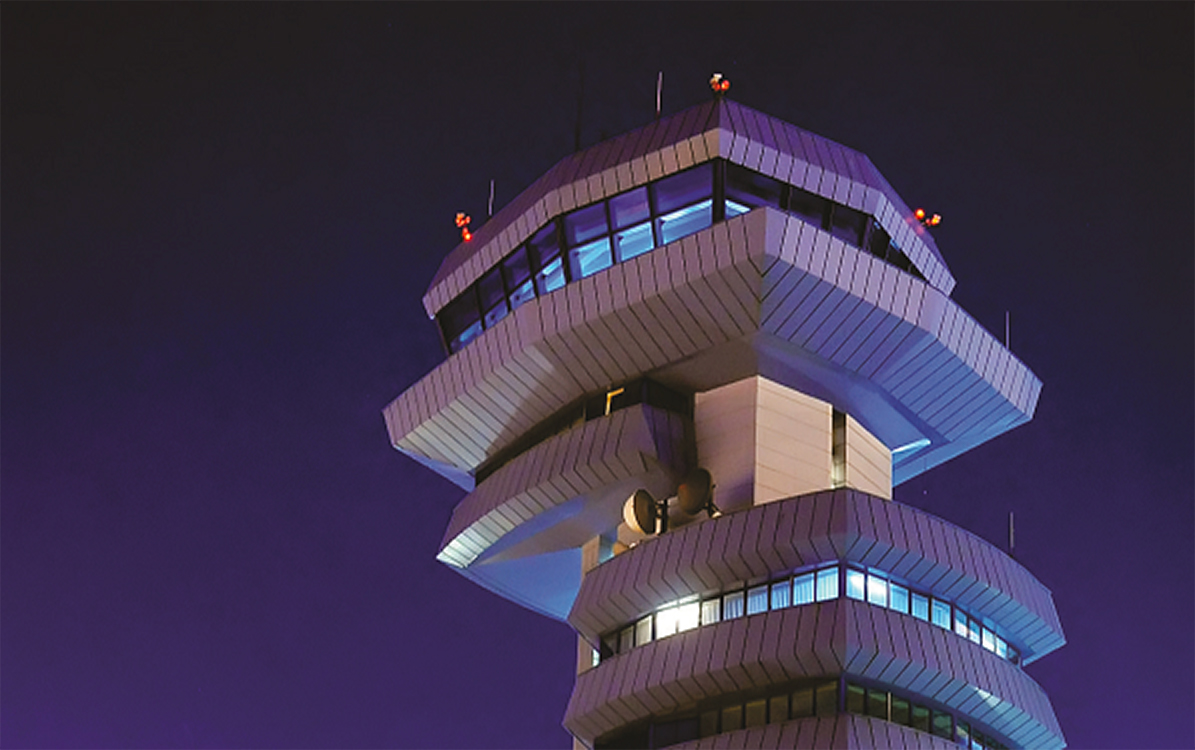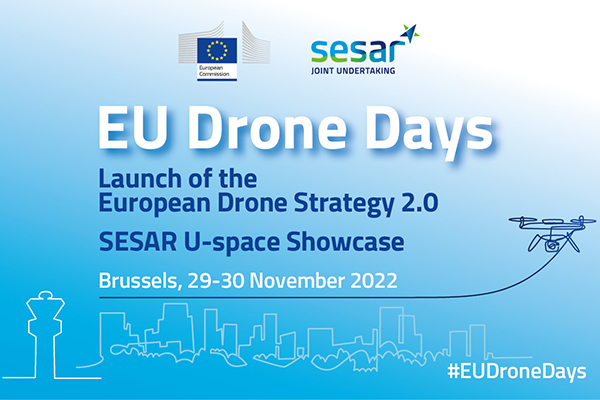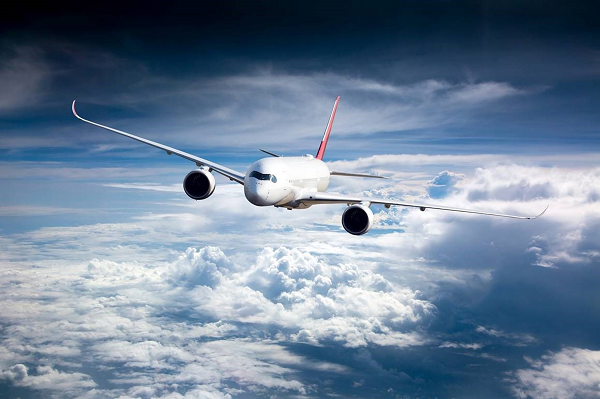ACI-LAC, ALTA, CANSO and IATA joint call on Governments to Consider Aviation Workers as Essential for Vaccination
Airports Council International – Latin America & Caribbean (ACI-LAC), the Latin American and Caribbean Air Transport Association (ALTA), the Civil Air Navigation Services Organisation (CANSO) and The International Air Transport Association (IATA) are jointly reaching out to governments in Latin America and the Caribbean to ensure that employees in the aviation sector are considered as essential workers during the impending COVID-19 vaccine campaign.
The industry’s call to governments is aligned with the World Health Organization’s Strategic Advisory Group of Experts (SAGE) on Immunization proposed Roadmap for Prioritizing Uses of COVID-19 Vaccines. This outlines priority populations for vaccination based on epidemiologic setting and vaccine supply scenarios. Within this framework, SAGE has included transportation workers alongside other essential sectors outside health and education sectors such as, for example, police.
“Airports are key hubs in the global distribution chain of vaccines and equipment in the fight against COVID-19. Operational airport personnel interact with a multitude of stakeholders to facilitate the rapid and safe delivery of large volumes of doses of the vaccines; whilst ensuring the recovery of passenger services which are essential for the social and economic development of our countries”, said Dr. Rafael Echevarne, Director General of ACI-LAC.
“Although it has been demonstrated that it is possible to resume activities following the appropriate protocols, we are confident that vaccination will allow everyone to feel safe in different environments and, mainly, will allow us as a society to recover countless economic sectors and millions of jobs that are currently depressed. Throughout this year, the aviation industry has made extraordinary efforts to remain viable and continue providing an essential service to the population. The agile adoption of biosafety protocols allowed us to resume travel and slowly begin the recovery of connectivity that generates opportunities, and that furthermore will enable the distribution of vaccines everywhere, even remote places. Considering industry workers as essential during vaccination campaigns is key to strengthening these efforts that will translate into economic and social well-being for the population. We see that pilots in the United States will receive the vaccine and we call for our region to include all aviation personnel in the campaigns”, commented José Ricardo Botelho, Executive Director & CEO ALTA.
“The aviation industry provides vital connectivity in the Latin America and Caribbean region and the aviation workforce is essential to guaranteeing on-time distribution of the vaccine. CANSO is committed to supporting the air traffic management (ATM) industry throughout the recovery and beyond and we need governments in the Latin America and Caribbean region to work together and collaborate with the aviation industry to ensure the viability of all aviation sectors. CANSO is working with all international organizations, and stakeholders to support flights carrying the vaccines and will be activating the Planned Airway System Alternative (PASA) Routes process which will enable these flights to reach their destination via the most expeditious route”, said Simon Hocquard, CANSO Director General.
“The healthcare system across Latin America and the Caribbean relies heavily on air transport for the delivery of its supplies. Unlike other parts of the world, for example North America or Europe, there are very few alternatives like road or rail which can provide fast, safe and reliable transport – especially where such special considerations like cooling and refrigeration are required. As calculations show, it will require the equivalent of 8,000 Boeing 747 freighter aircraft for global vaccine distribution. It is therefore essential that we have the qualified workforce in place to ensure a functioning logistics chain”, said Peter Cerdá, IATA’s Regional Vice President, the Americas.


